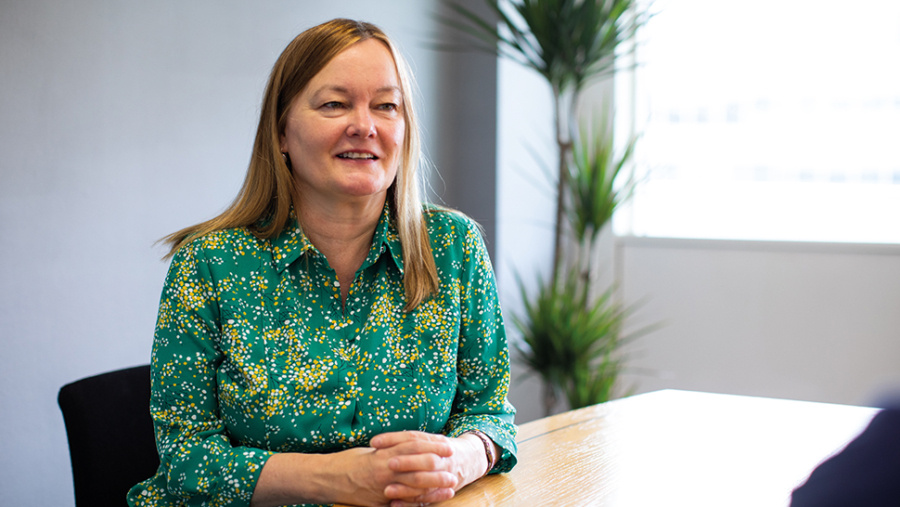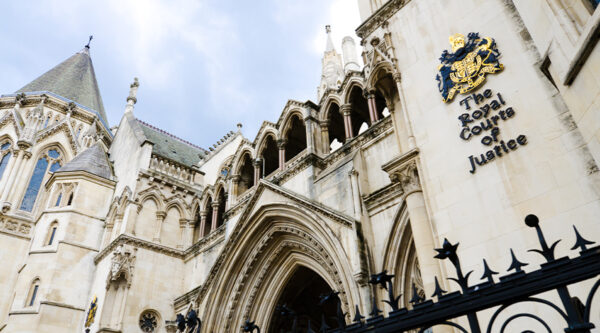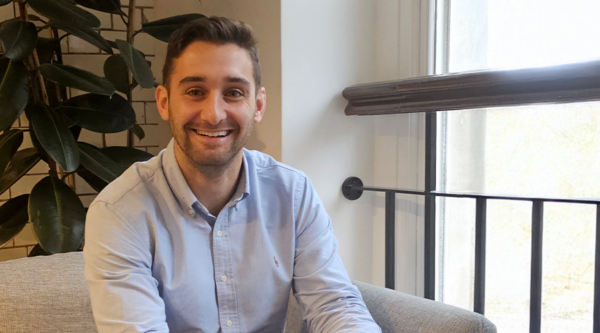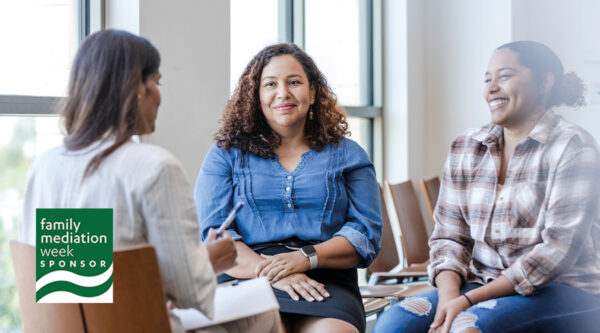

This month we shine a spotlight on Yvette Morgan, Partner in our Real Estate Team.
1. What type of legal advice do you provide?
My expertise lies in advising on extensive housing and mixed-use development projects, primarily on behalf of public bodies. I have over 30 years experience in commercial real estate, advising on site acquisitions and disposals, building leases/development agreements, funding agreements, collaboration agreements, clawback and overage.
2. Why did you choose your specialism?
I studied law at University of London in the evenings. Whilst doing my external law degree an opportunity arose to join the property team at The Royal Borough of Kensington and Chelsea, where I issued grave grants, leases under the right to buy scheme and tenancies for art studios. My work was varied and interesting, which made me want to pursue a path in this area of law.
3. What type of work do you do that is relevant to Homes England? Or have you been involved in any Homes England projects?
I am the lead partner for Homes England and deal with the day to day management of the contract. I am also working with Homes England on a large number of development sites up and down the country, the areas I advise on are your standard development documents, overage, disposals and general commercial property advice. Having acted for Homes England and its predecessors for most of my career, I am increasingly advising on older developments where there is still some residual liability or contingent assets such as, overage and clawback.
4. What was your most memorable outcome for a client? And why?
Frequently, developers display reluctance in honouring overage arrangements, especially when the land’s value escalates due to specific events or triggers. I encountered such a scenario in one of the projects I was involved with. Through a thorough examination of the overage agreement, I was able to facilitate a significant payment from the developer to our client. While many clients might acquiesce to the developer’s interpretation of the overage wording, in this instance we challenged their interpretation, ultimately resulting in a favourable outcome for the client.
5. How have you supported your local community?
I recently retired from the board of a housing association having served for the maximum permitted term of nine years. During the last three years of my involvement, I took on the role of vice-chair. Seizing the opportunity of having spare time, during the last recession when work slowed down, I decided to volunteer with the Milton Keynes City Council, where I assumed the role of chair for their housing forum. This forum served as a platform for local residents to convene and deliberate upon the housing conditions provided by the Council. While the forum provided the tenants an opportunity to voice housing issues, it also fostered a sense of community among locals, enabling tenants to interact with like-minded individuals.
6. Why do you think a commitment to helping the planet is important? And can you give any examples where you have made a change to help the planet?
A commitment to helping our planet is obviously extremely important, and I am a firm advocate of implementing minor adjustments to our daily routines that can contribute positively to the health of our planet. As a pescatarian I feel frustration towards single use plastic which frequently find their way into the oceans, eventually infiltrating the very fish that constitute my diet. Shopping in supermarkets makes it hard to reduce the amount of plastic wrapped produce I am purchasing, wherever possible I opt for non-wrapped fruit and vegetables or items wrapped in compostable material.










